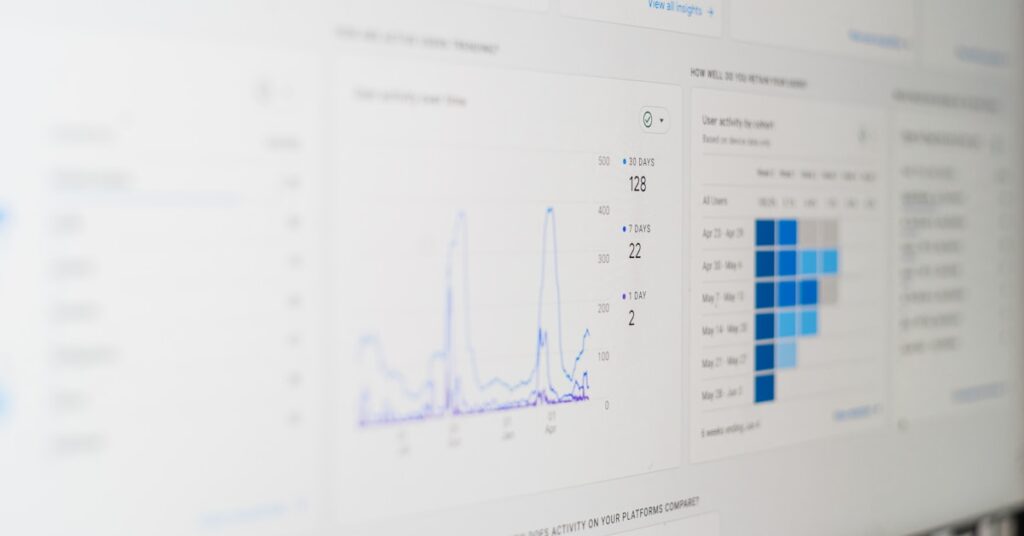The Basics of Forex Trading: A Comprehensive Guide
Forex, short for foreign exchange, is the global marketplace where currencies are traded. It is one of the largest and most liquid financial markets in the world, with an average daily trading volume exceeding $5 trillion. If you’re interested in getting started with forex trading, this guide will provide you with the essential information you need to know.
Understanding Forex Trading
What is Forex Trading?
Forex trading involves buying and selling currencies in order to profit from the fluctuation in exchange rates. Unlike the Stock Market, forex trading takes place over-the-counter (OTC) through a decentralized network of banks, financial institutions, and individual traders.
How Does Forex Trading Work?
When you trade forex, you are essentially exchanging one currency for another at an agreed-upon exchange rate. The goal is to buy a currency at a low price and sell it at a higher price, making a profit in the process. Traders can speculate on the direction of currency pairs by going long (buying) or short (selling) a particular currency.
Key Players in the Forex Market
Central Banks
Central banks play a crucial role in the forex market by setting monetary policy, adjusting interest rates, and intervening in the foreign exchange market to stabilize their currency’s value.
Commercial Banks
Commercial banks are the primary participants in the forex market, acting as intermediaries for large transactions and providing liquidity to the market.
Hedge Funds and Institutional Investors
Hedge funds and institutional investors are major players in the forex market, trading on behalf of their clients and managing large portfolios of currencies.
Factors Affecting Currency Exchange Rates
Economic Indicators
Economic indicators such as GDP growth, inflation, employment data, and interest rates can have a significant impact on currency exchange rates.
Geopolitical Events
Geopolitical events such as elections, wars, and natural disasters can cause volatility in the forex market and affect currency values.
Market Sentiment
Market sentiment, or the collective psychology of traders, can influence currency prices as traders react to news, rumors, and events.
Risks and Benefits of Forex Trading
Risks
- High volatility and leverage can result in significant losses
- Market manipulation and fraud are prevalent in the forex market
- Political and economic uncertainties can impact currency values
Benefits
- 24-hour trading allows for flexibility and accessibility
- High liquidity ensures quick execution of trades
- Potential for high profits with proper risk management
Getting Started with Forex Trading
Open a Trading Account
The first step in forex trading is to open a trading account with a reputable broker. Make sure to choose a broker that is regulated and offers competitive spreads and leverage options.
Learn the Basics
Before diving into live trading, it’s essential to educate yourself about the forex market, technical analysis, and fundamental analysis. There are numerous online resources, courses, and demo accounts available to help you get started.
Develop a Trading Strategy
Having a solid trading strategy is crucial for success in the forex market. Consider factors such as risk tolerance, trading style, and time horizon when developing your strategy.
Start Trading
Once you feel confident in your knowledge and skills, you can start trading forex pairs using your trading account. Remember to practice proper risk management and never risk more than you can afford to lose.
Conclusion
Forex trading offers a unique opportunity to profit from the dynamic currency markets. By understanding the basics of forex trading, key players in the market, factors affecting currency exchange rates, risks and benefits, and how to get started, you can embark on your journey to becoming a successful forex trader. Remember to stay informed, practice discipline, and always prioritize risk management in your trading activities.



